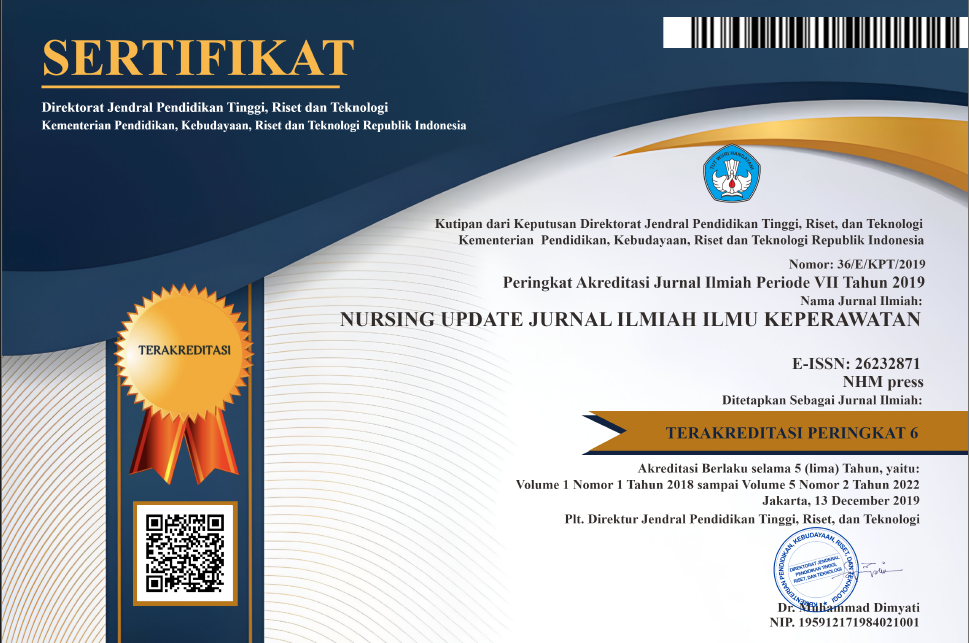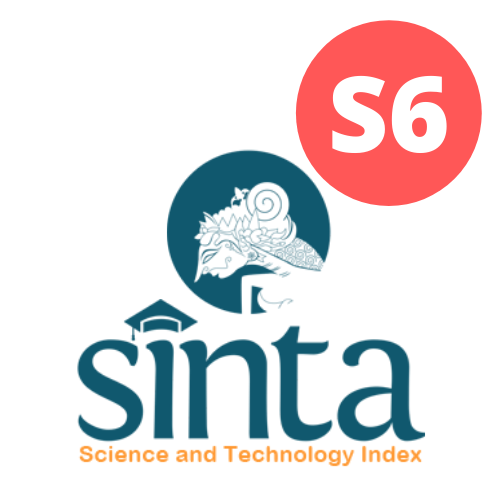The Effect of Health Counseling on Self-Management and Blood Pressure Stability in Hypertension Patients at the Klinik Ronaa Husada
Abstract
Hypertension is still one of the problems that exist in the world of health to this day. General public knows it as hypertension because of the increase in blood pressure exceeding the normal limit. According to 'Riskesdas’ data in Southeast Asia in 2018, the number of hypertension patients in Indonesia increased by 34.1% annually. This study uses a correlational analytical design with a cross-sectional approach. Data was collected in July 2024 with a population of 35 respondents and a sample of 33 respondents who met the inclusion and exclusion criteria with purposive sampling techniques. Data processing included coding, editing, and tabulating, then analyzed with SPSS software for the Wilcoxon test with an α of 0.05. The study results showed that before the counseling was carried out, as many as 13 respondents had poor self-management, while 15 had good self-management after counseling. Meanwhile, the blood pressure results before counseling were 21 respondents with unstable systolic results and 23 respondents with stable diastolics, while after counseling there were 24 respondents with stable systolic results and 33 respondents with stable diastolic. After the Wilcoxon test showed a p-value of 0.003 in self-management, a p-value of 0.001 in systolic blood pressure, and a p-value of 0.002 in diastolic blood pressure, which was smaller than α (0.05). This shows the influence of health counseling on self-management and blood pressure stability in hypertensive patients. This research shows that health counseling is essential to realize good self-management in hypertensive patients so that good blood pressure stability can be achieved.










